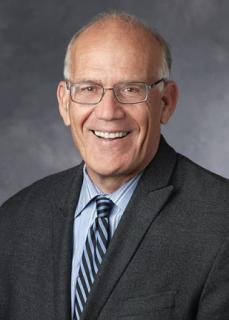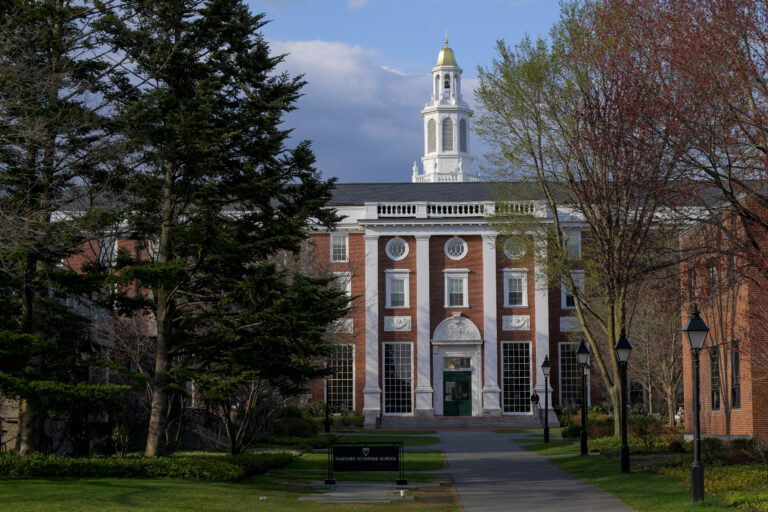Democracy is Worth Saving
By: Javier Sanchez
Our democracy is at risk they tell us. We hear it over and over again. Whether you’re on the left, the right or just in the middle, everything you hear on social and mainstream media talks about our threats to democracy. News anchors say he’s fascist. No! She’s fascist. These are strong words coming from people who should be more even tempered. To stop the spread of so-called misinformation, people race to spread even more misinformation. Even though Reagan said that freedom is never more than one generation away, I believe strengthening our democracy through constant practice of speaking freely makes it more resilient.
Who are you voting for president? Which candidate promotes democracy and which will destroy it?
Take a deep breath and take a step back. These words trigger our already high states of anxiety. Let’s take a look at a few reasons you can take heart and realize things may be better than you think.
First let’s take look at why democracy is worth saving. Thanks to democracy and its sister capitalism, the United States has brought more people out of hunger, darkness and poverty than any other nation at any other time in the history of the world. Even though politicians try and make you believe that disparities between poor and rich are “greater now than ever” don’t fall for it. We are the richest, most democratic, free and open society that has ever existed. Fighting for equal outcomes shouldn’t be our goal because meritocracy believes that even given the same starting point, we each hold individual strengths, weaknesses, capabilities and work ethic that naturally produce different outcomes. And we should be ok with that because democracy isn’t about making everyone the same, it’s about freedom. Freedom to optimize our own good and the good of our families as we see fit. But not everyone understands this.
In a recent interview, the former US Secretary of State under President George W. Bush, Condoleezza Rice showed just how difficult conveying the meaning of democracy to others truly is. She recounted the first time former President Bush met with former Soviet Union leader Mikhail Gorbachev. She remembers sitting at the President’s side as he tried to explain democracy and capitalism to the head of the communist party. Ms. Rice could see it was going nowhere. She said Gorbachev’s eyes glossed over and Bush had lost him. The concept was too foreign. Gorbachev turned to Bush and said, look. In the Soviet Union we have this fable. There is a farmer who finds a magic lamp. Out pops a genie to grant him a wish and the farmer immediately begins to tell the genie his troubles. The farmer tells him his life is a failure. His life is miserable, his wife has left him, and his fields are barren. Yet he tells him that his neighbor has plentiful crops and two successful boys and a dutiful wife. So the genie says I suppose your wish is to make your life rich and successful just like your neighbor’s. To which the farmer responds, “No! I want you to make his life miserable like mine.” That is the jealousy of the Russian peasant, said Gorbachev. Communism isn’t the tool that creates value and raises wages, communism is the political system that makes people poorer because jealousy promotes the crab mentality by dragging down others.
But does a that make democracy necessarily better? According to this year’s Nobel Prize winners in Economics and a recent press release from MIT where two of the noble laureates teach and the third joint recipient from the University of Chicago, “inclusive governments”, namely democracies, experience the greatest growth in the long run. In their book “Why Nations Fail” the economists argue that “because economic growth depends heavily on widespread technological innovation, such advances are only sustained when and where countries promote an array of individual rights, including property rights, giving more people the incentive to invent things. Elites may resist innovation, change, and growth to hold on to power, but without the rule of law and a stable set of rights, innovation and growth stall.” Both in the political and the economic realm, holding on to old schools of thought and patron systems remain detrimental to the advancement, growth and sustainability of optimized systems. (Think long and hard about what I’m saying fellow Rio Arribans). We cannot afford to wreck our democracy for the sake of maintaining the “system” that stomps out free thought, dissension and innovation.
Which brings us to the reason I think things are better than they seem. Many people bemoan the fact that we exist in a two-party state. You hear the incessant cries from news anchors that our country is just too evenly split and divisive. The presidential race is neck and neck! No matter how much you hate the other side, nothing exemplifies greater democratic strength than strenuous debate and rigorous scrutiny. We cannot afford to let others make decisions for us. Now is the time to make your voice heard and vote. Otherwise, you give up your rights to the autocrats and the big machine. When we lose our plurality, we lose our democracy. When we lose our freedom of speech, we lose our democracy. Get it back. Say something.
Javier Sanchez is the former Mayor of Espanola, an independent businessman, and El Rito Media investor and columnist



